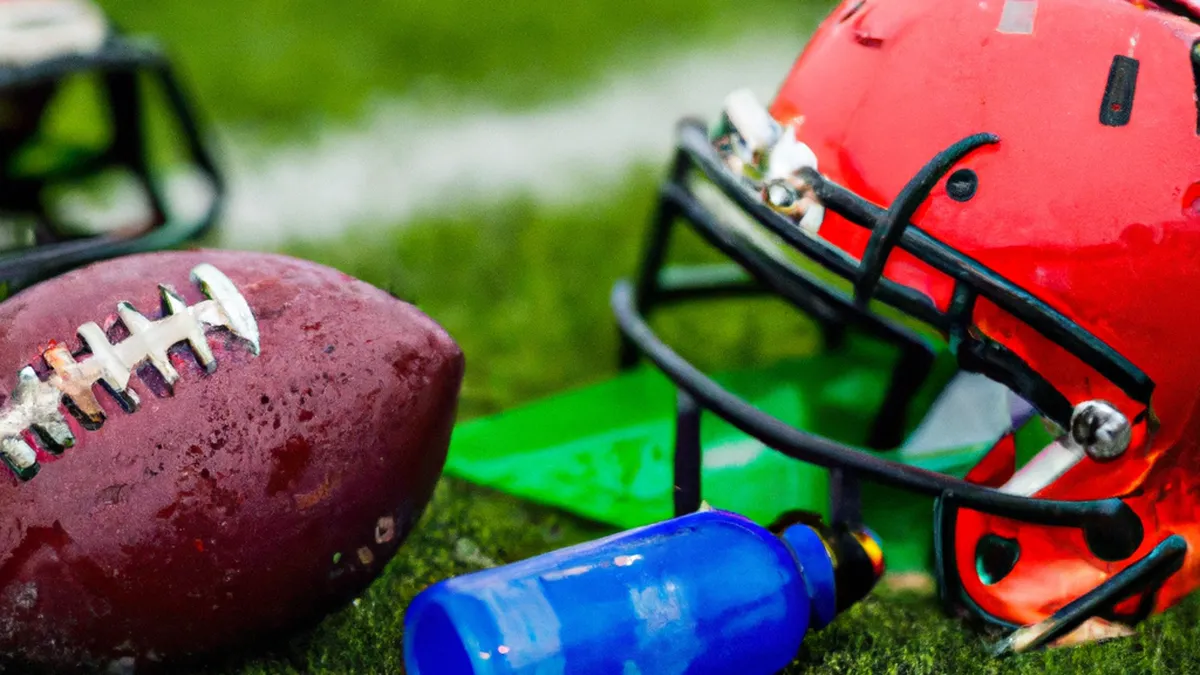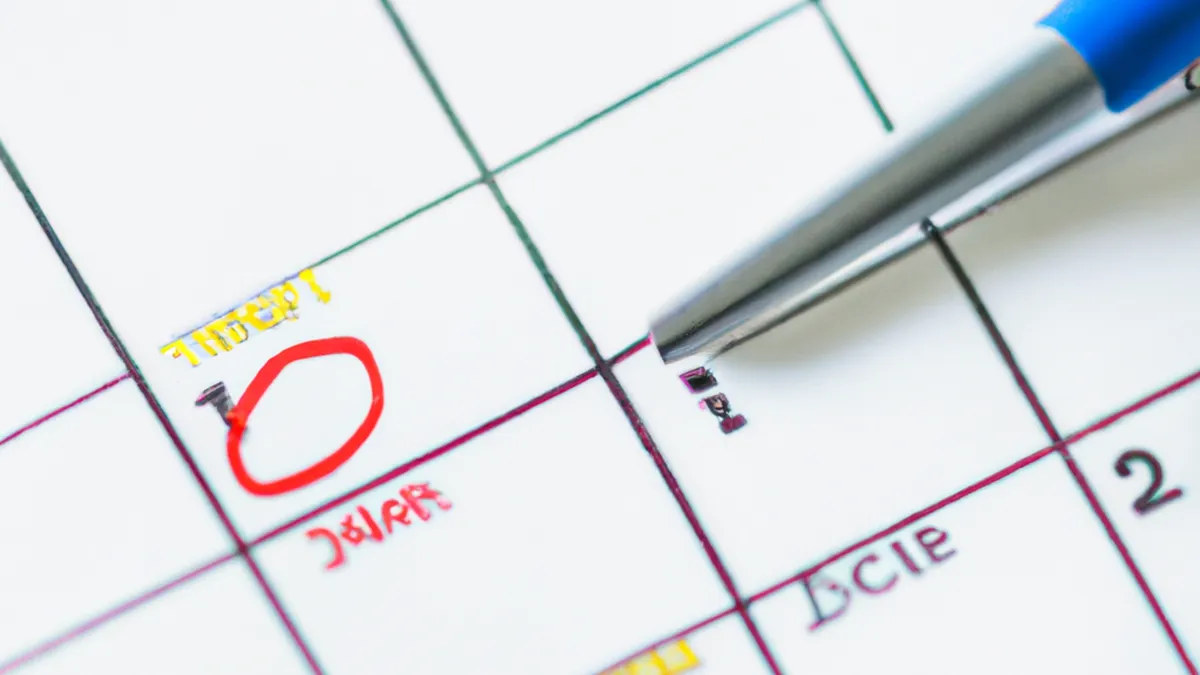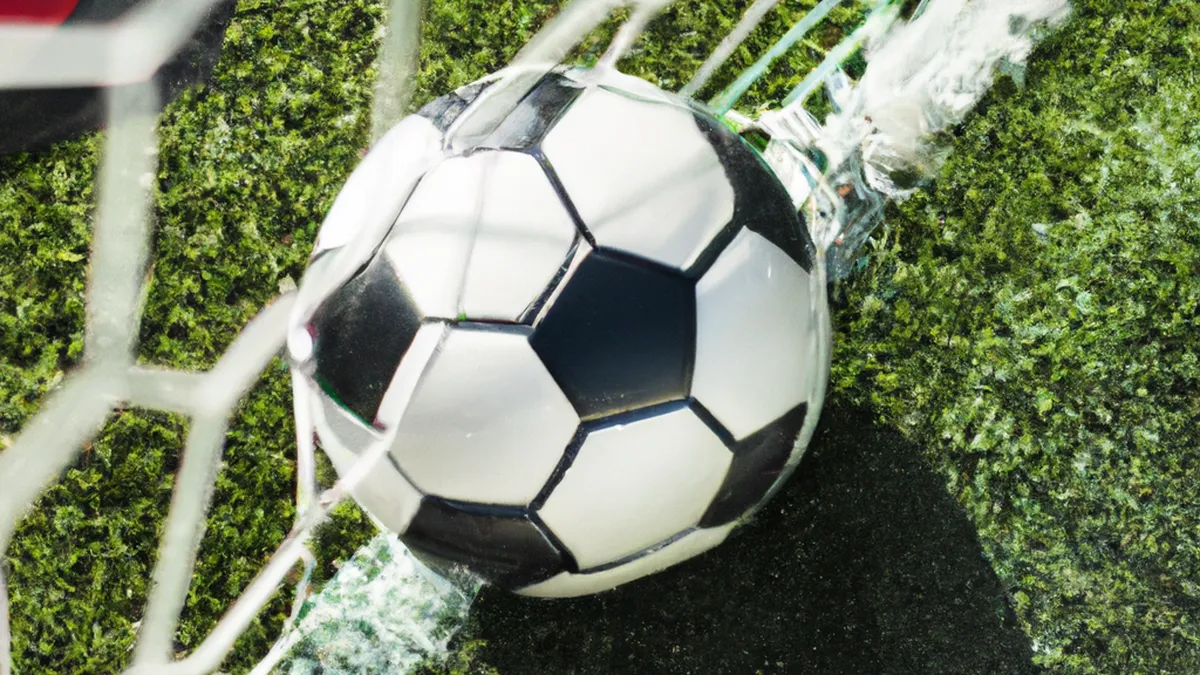After Exercise: Hydration Must-Haves
Hydration Strategies After WorkoutsHydration after a workout plays a crucial role in recovery. Exercise causes your body to lose water through sweat. Replenishing lost fluids is essential for optimal recovery. This blog post explores effective hydration strategies to implement after workouts. These strategies help maintain peak performance and overall health.
Understanding Your Fluid Loss
Recognizing your fluid loss during exercise is important for effective rehydration. Weigh yourself before and after workouts. For every pound lost, drink about 16 to 24 ounces of water. This calculation helps you understand your hydration needs and replenish fluids.
Factors Influencing Fluid Loss
Several factors influence fluid loss during exercise. Environmental conditions like temperature and humidity impact sweating. Hot and humid conditions lead to increased perspiration, while cooler weather results in less sweating. Individual physiology also plays a role; some people sweat more than others. Adjust your hydration strategy based on these variables.
Choose the Right Fluids
As an Amazon Associate I earn from qualifying purchases.
Gear tip: consider hydration tablets, electrolyte mix, and noise cancelling headphones to support this topic.
Not all fluids work equally for post-workout hydration. Water is the best choice for most workouts, especially short or low-intensity ones. However, after intense training or endurance activities lasting over an hour, consider electrolyte-rich drinks. These beverages help replenish lost fluids and essential electrolytes like sodium, potassium, and magnesium. These electrolytes support muscle function and overall hydration.
Sports Drinks vs. Natural Alternatives
When choosing an electrolyte drink, watch out for added sugars and artificial ingredients. Many commercial sports drinks contain high sugar levels, possibly counteracting rehydration benefits. Look for options with lower sugar content or natural sources like coconut water. Coconut water offers a refreshing taste and essential nutrients. It is rich in potassium, making it an excellent choice for replenishing electrolytes without added sugars.
Timing is Key
Rehydrate immediately after your workout. Aim to drink fluids within 30 minutes post-exercise. Your body absorbs fluids well during this time, kickstarting the recovery process. This helps reduce muscle soreness and fatigue.Drink more water or electrolyte-rich beverages throughout the day. Hydration is an ongoing process, not a one-time task. If you struggle to drink enough, set reminders on your phone or use a hydration app. Keeping a water bottle nearby serves as a visual cue to encourage frequent drinking.
Incorporating Hydration into Your Routine
Make hydration a habit by integrating it into your post-workout routine. Establish a ritual that reminds you to drink fluids regularly.
Conclusion
In summary, effective hydration after workouts supports recovery and overall health. Implement these strategies to maintain peak performance.
Below are related products based on this post:
FAQ
Why is hydration important after workouts?
Hydration after a workout is crucial for recovery as it helps replenish the fluids lost through sweat. Proper rehydration supports optimal recovery, maintains peak performance, and promotes overall health.
How can I calculate my fluid loss during exercise?
You can calculate your fluid loss by weighing yourself before and after workouts. For every pound lost, it is recommended to drink about 16 to 24 ounces of water to effectively replenish your fluids.
What types of fluids should I drink after intense workouts?
For intense training or endurance activities lasting over an hour, electrolyte-rich drinks are advisable. These beverages help replenish lost fluids and essential electrolytes, supporting muscle function and overall hydration.















Post Comment